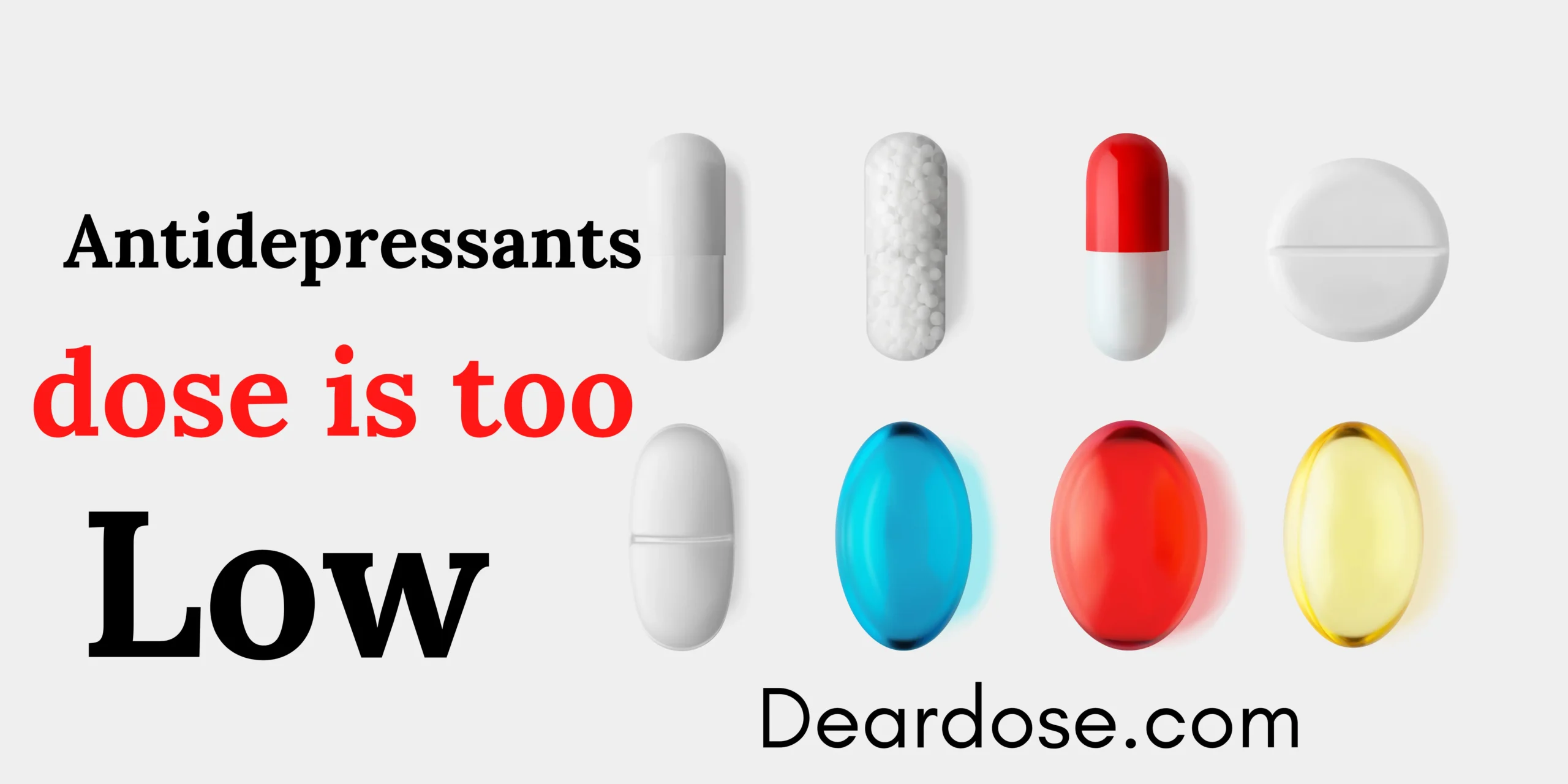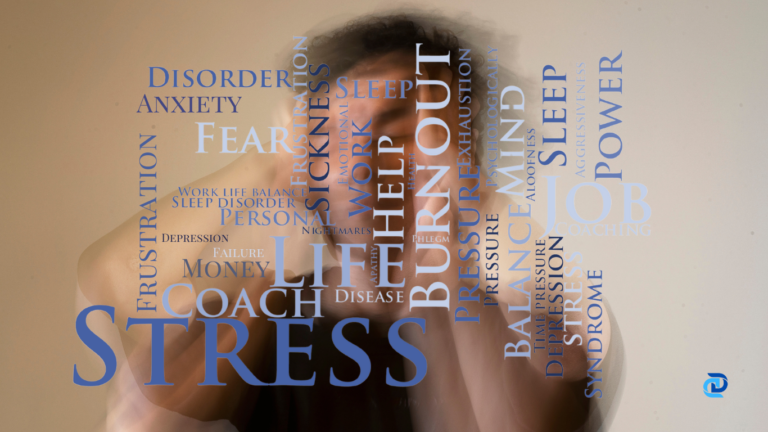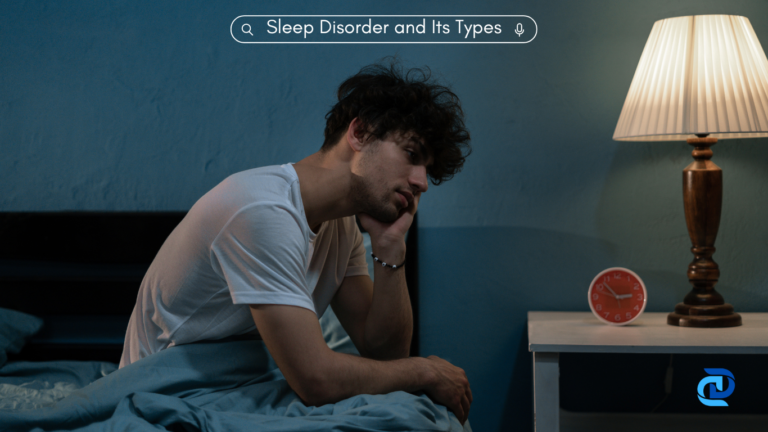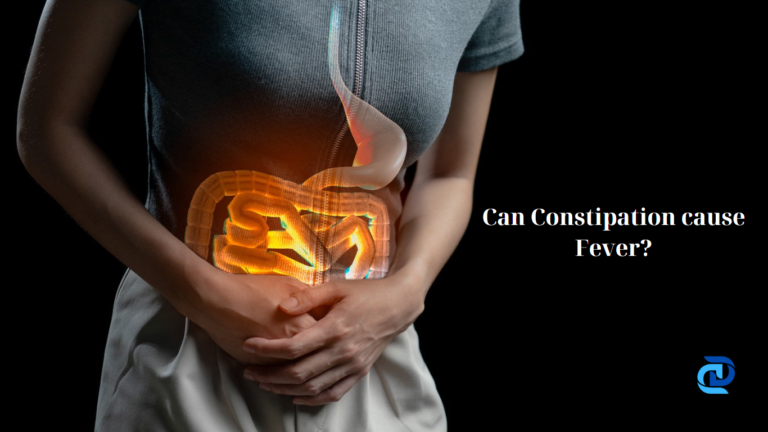Signs Your Antidepressant Dose Is Too Low or Too High

Antidepressants are physician-recommended drugs that are utilized to treat significant depressive side effects. Depression is a mindset disease that causes a determined sensation of sadness and a deficiency of interest in things and exercises you once delighted in. It can likewise cause trouble with thinking, memory, inspiration, eating, and resting. If you are facing this situation, the specialists of our healthcare share a few common signs your antidepressant dose is too low or too high, and then you discuss it with your doctor.
Signs Your Antidepressant Dose Is Too Low
No help following 12 weeks. While you won’t see changes from this healthcare, you ought to begin to feel some difference in 4 to about a month and a half, with the best outcomes in some cases coming in 8 to 12 weeks. If you don’t feel improved by 90 days or your side effects increase day by day, let you discuss your doctor as soon as possible.
Your depression increases. This can occur, particularly if you’re accepting different prescriptions. Some can make your antidepressants act unexpectedly, and that can exacerbate your side effects. Ensure your health care is familiar with all drugs you are taking.
Clear signs your antidepressant dose is too low that your side effects return. At times you might feel far improved for temporary, however at that point begin to have depressive side effects once more. After they survey your treatment history, your doctor might change your treatment or change your medicine according to your current health.
Symptoms of too-low anti depression
1. Persistent symptoms of depression
Signs your antidepressant dose is too low can incorporate relentless side effects of depression like profound or a rising feeling of trouble or an absence of delight throughout everyday life, particularly in things you once delighted in. An expansion in depression is another warning your prescription isn’t working like it should. This can be because you’re on some wrong dose, or it very well may be because you want a unique physician drug.
2. Lack of improvement over time
Antidepressant treatment works over the long term. While you probably won’t encounter prompt and absolute help in side effects when you initially begin taking doctor-prescribed drugs, over the long term, you might feel improvement. Not all depression medicine will work the same way or follow a similar course of events for everybody, except a great many people see at any rate some improvement in their mental health condition within two or three weeks. On the off chance that you’ve been taking a stimulant for longer than half a month and you feel far improved by any means, you should go to your doctor.
Signs Your Antidepressant Dose is Too High
You can have actual incidental effects on a medication not being at the right dose. For instance, you could face many things like stomach issues, changes in hunger, cerebral pains, or sexual brokenness. These can be the body’s approach to letting you know the equilibrium is off about your antidepressant. One of the more normal signs your antidepressant dose is too high is feeling progressively fomented. Luckily, a fast change to your dose may be everything necessary, so make certain to tell your doctor that you’re feeling more disturbed than typical of late.
Symptoms of too-high dose of Antidepressant
1. Excessive fatigue or drowsiness
Feeling like you’re attempting to push through a thick haze or battling to remain conscious during the day could mean your brain is getting a portion way higher than it needs. Observe assuming you unexpectedly need to rest all the more much of the time, particularly on the off chance that it is hard to remain alert during activities that were once engaging.
1. Feeling overly numb or detached
There are emotional symptoms of taking an antidepressant that are too high in dosage, as well. This can bring about feeling numb or disengaged from your reality and the individuals in it. A feeling of separation is not a typical — or healthy — reaction to antidepressant treatment.
3. Physical side effects
You can have physical side effects to a medicine not being the right dose. For instance, you could face things like stomach-related issues, changes in hunger, headaches, or sexual brokenness. These can be the body’s approach to letting you know the balance is off with regard to your antidepressant.
How Long for Antidepressants to Work?
It can take 1 to about 14 days for antidepressants to kick in or produce results (without missing a portion). During this time, it’s essential to take the drug precisely as healthcare and to never miss a dose.
While changing by antidepressants, you might face a few unwanted secondary effects like dry mouth, sedation, migraine, and inconvenience resting as your body adjusts to the new medication. You’ll start to feel the advantages in something like a week or 2. These may have better mood swings, fixation, and amiability.
What are the side effects of anti-depression?
Secondary effects difference between antidepressants. Some antidepressant side effects might include:
- Headaches
- Dizziness
- Asthma
- Weight gain
- Stress or Anxiety
- Sleeplessness
How to know you need anti-depression
If you’ve at any point contemplated whether you want antidepressants, we’re covering all that you want to be aware of this treatment choice, including when to think about antidepressants.
Just a certified specialist can decide whether taking antidepressants is good for you. Nonetheless, this is the way to be aware assuming you could need from taking antidepressants:
- You feel unhappiness or hopelessness.
- You feel lonely or separated from others.
- You feel a victim of lack of feeling.
- Your side effects influence your routine.
- Other depression medicines don’t work.
- You have thought of suicide.
How to switch antidepressant
Specialists utilize three distinct systems
Direct switch:
In direct switch, you quit taking your dose and flow medication and begin another antidepressant the following day. It’s feasible to do an immediate switch in the event that you’re going from an SSRI or SNRI to one more medication in a similar class.
Immediate switch:
In this exchanging technique, you steadily tighten your current medication. When you’ve completely halted the primary medication, you begin requiring the other medication.
Tighten, waste of time, and switch:
This is a moderate technique for turning where you slowly tighten the principal medication and sit tight for it to pass on your structure to change to the new prescription.
Conclusion:
Antidepressants are physician doses used to treat depression and prevent the side effects of depression. Depression is more than feeling somewhat miserable or “blue” for many days. It’s an extremely considered normal, serious clinical disease that influences your mindset and general mental health. Here we help you to see the signs your antidepressant dose is too low or too high.





